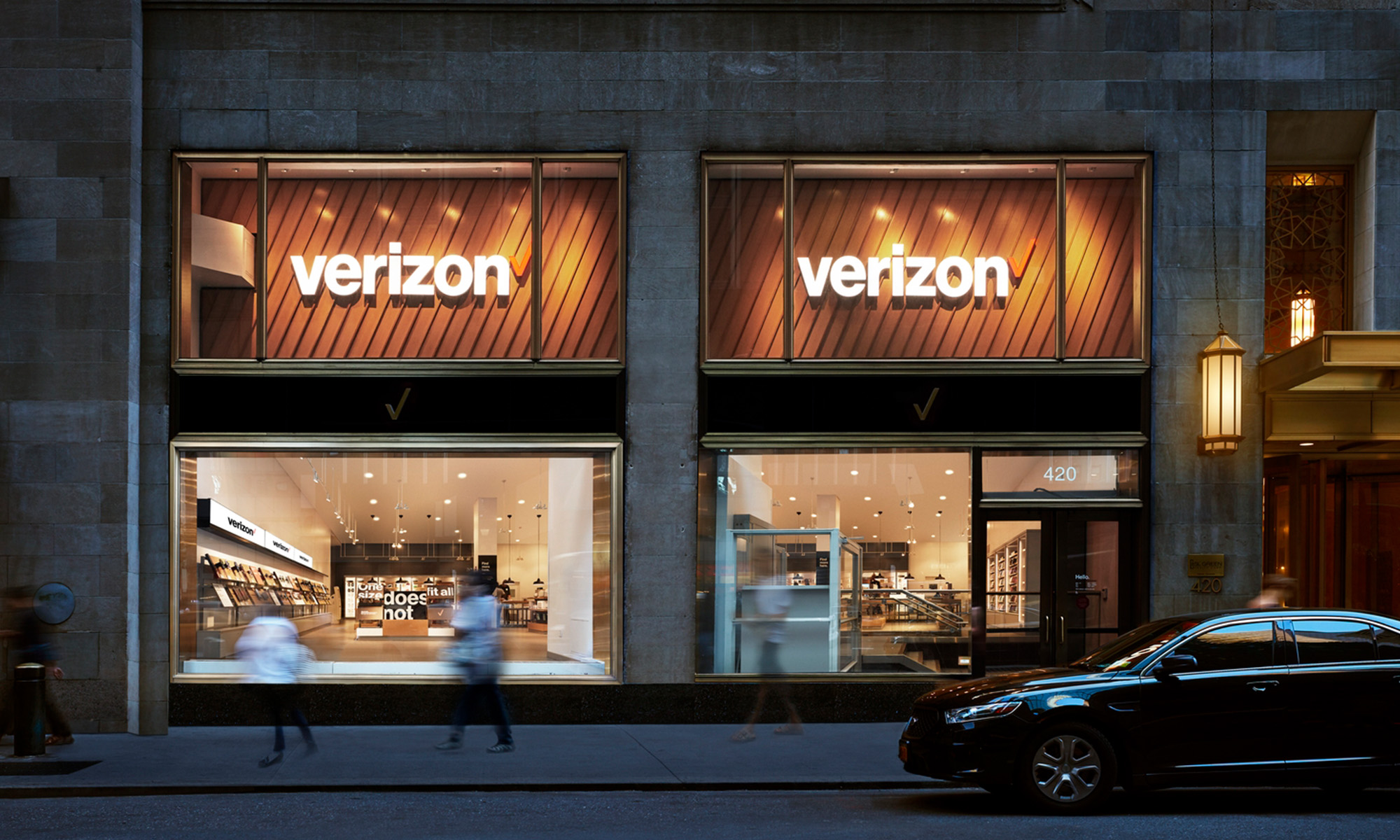Truth be told, we'll soon find out which one of the many verdicts the Supreme Court will hand down with regard to the Patient Protection and Affordable Care Act (aka Obamacare), and opinions of the bill couldn't possibly be more divided.
A nation, torn
Although there are still a notable amount of dissenters who either choose to abstain from giving their opinion or simply don't know, the general opinion on Obamacare hasn't really changed since it was signed into law in March 2010.

Source: Kaiser Family Foundation health tracking polls.
The above data from polls by the Kaiser Family Foundation shows how divided public opinion is on Obamacare. What the data doesn't show is what specific issues people being polled feel strongest about and what aspects they'd rather see turned down.
For this, I again turned to data from the Kaiser Family Foundation, which conducted a political party-based poll that measured overall favorability of some of the individual measures of the Affordable Care Act. Here are the results:
|
Specific Action Within ACA |
Democrats |
Independents |
Republicans |
|---|---|---|---|
| Tax credits to small businesses | 89% | 78% | 77% |
| Subsidy assistance to individuals | 87% | 70% | 51% |
| Medicaid expansion | 88% | 69% | 51% |
| Medical loss ratio | 73% | 51% | 45% |
| Employer mandate/penalty for large employers | 74% | 51% | 31% |
| Increase Medicare payroll tax on upper income | 74% | 50% | 26% |
| Individual mandate/penalty | 45% | 32% | 19% |
Source: Kaiser Family Foundation.
As expected, Democrats tend to support President Obama on numerous issues, while Republicans tend to worry about the potential negative implications of the Affordable Care Act on large business and wealthier individuals.
One aspect, though, that is agreed-on across the board in this poll is that there's little support for the individual mandate clause of the Affordable Care Act, which requires citizens to either carry insurance or face a steep penalty come tax time. Less than half of Democrats appear to support the mandate with just one-in-five Republicans favoring its approval.
The "what ifs" of the individual mandate
The individual mandate is without question the most controversial aspect of the Affordable Care Act, and it comes with three possible implications -- which would have drastically different outcomes for the health-care sector.
For hospitals, approval of the individual mandate is imperative to reducing their large bad debt burden incurred from patients who are unable to pay for their care. Hospitals like Tenet Healthcare (NYSE: THC) and Community Health Systems (NYSE: CYH) aren't able to turn down patients in need of care, leaving them at a distinct disadvantage if patients are unable to pay. The individual mandate would make patients responsible for their own care, as they'd either pay for their own insurance or be covered by the expansion of Medicaid.
Obamacare's complete rejection would be seen as a boon for much of the health-care sector, with the exception of hospitals and Medicaid-based health-plan providers like Molina Healthcare (NYSE: MOH), which expects to receive a good chunk of the 18 million projected new Medicaid-approved members the reform would create. As expected, medical-device makers like Medtronic (NYSE: MDT) would see an immediate boost with the 2.3% medical-device excise tax now off the table.
But the biggest "what if" comes in the form of a split decision from the Supreme Court. If the Affordable Care Act is upheld but the individual mandate is thrown out, we could have something that resembles organized chaos. Without the coercion factor (i.e., a year-end penalty) for carrying insurance, those in good health will simply decline the coverage, and premiums for those who do require care will likely skyrocket. Worse yet, large corporations would probably see a huge spike in their premiums as healthier individuals would boost premiums here as well. Verizon (NYSE: VZ) has already taken a $970 million non-cash charge related to the passing of the Affordable Care Act, and it's quite possible that it and other large corporations could scale back hiring and spending in order to cope with higher health-care coverage costs.
Foolish roundup
The polls I've referenced above aren't perfect as they represent only a small pool of the American public, but they do clearly point to a negative bias of the individual mandate -- one that has been present since the Affordable Care Act was signed into law. In a few days, we'll get the final ruling on Obamacare, but if I were a gambling man, I'd say that things aren't looking too good for the individual mandate.
With the U.S. elections around the corner, our team of analysts at Motley Fool Stock Advisor realizes there's more at stake for stocks than just what we're witnessing in the health-care sector. Find out in our latest special report which stocks could benefit based on which president-elect wins. Get your free copy!









